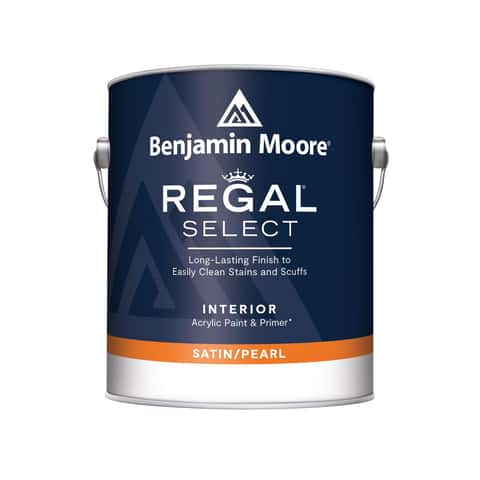
Manufacturing tile grout involves compliance with various legal requirements to ensure product quality, safety, and environmental responsibility. Navigating these regulations is crucial for manufacturers to operate legally and avoid potential liabilities. Here’s a comprehensive guide on understanding and complying with the legal requirements for manufacturing tile grout:
- Product Labeling and Packaging:
Ingredient Listing: Manufacturers must accurately list all ingredients used in tile grout on the product label. This information helps consumers make informed choices and is often required by government regulations.
Safety Data Sheet (SDS): Providing an SDS with detailed information on the product’s composition, hazards, and safe handling is essential for employee safety and compliance with Occupational Safety and Health Administration (OSHA) regulations.
- Quality Standards:
Tile grout must meet specific quality standards to ensure it performs as intended and poses no safety risks to consumers. Standards may vary by region, so manufacturers should identify and adhere to applicable standards such as ASTM International or ISO.
- Environmental Regulations:
Tile grout manufacturing processes can impact the environment. Compliance with local, state, and federal environmental regulations is essential. This may include obtaining permits for emissions, wastewater discharges, and hazardous waste disposal.
Sustainable practices, such as reducing waste, conserving water, and minimizing energy consumption, can help manufacturers meet environmental responsibilities.
- Worker Safety and Health:
Ensuring worker safety and health is paramount. Manufacturers must adhere to OSHA regulations, which include providing a safe working environment, proper ventilation, and training on handling hazardous materials.

- Hazardous Chemicals:
Tile grout formulations may contain hazardous chemicals. Compliance with labeling requirements under the Globally Harmonized System (GHS) is essential to inform users about potential hazards and safe handling practices.
- Intellectual Property Rights:
Manufacturers should respect intellectual property rights, including patents and trademarks, to avoid legal disputes with other companies holding these rights.
- Product Liability and Consumer Protection:
Manufacturers are responsible for ensuring the safety and effectiveness of their tile grout products. Liability can arise if a product fails to meet safety standards or causes harm to consumers. Comprehensive product testing and quality control procedures are essential to mitigate these risks.
- Transportation Regulations:
Tile grout is subject to transportation regulations, particularly if it contains hazardous materials. Compliance with regulations set forth by the Department of Transportation (DOT) is necessary for the safe shipment of products.
- Import and Export Regulations:
If manufacturing tile grout for international markets, manufacturers must navigate import and export regulations, including customs duties, import tariffs, and compliance with the regulations of the destination country.
- Regulatory Compliance Documentation:
– Manufacturers should maintain thorough records of compliance efforts, including safety testing results, ingredient documentation, and quality control records. These documents may be required in the event of regulatory audits or legal inquiries.
- Legal Consultation:
– Engaging legal counsel or regulatory experts with experience in chemical manufacturing can provide valuable guidance on navigating complex legal requirements and ensuring compliance.
- Continuous Monitoring and Updates:
– Regulations can change over time, so manufacturers must stay informed about evolving legal requirements and adjust their processes and products accordingly.
Conclusion
Navigating the legal requirements for manufacturing tile grout is a complex but necessary aspect of running a successful and compliant operation. By proactively addressing these requirements, manufacturers can ensure the quality and safety of their products while avoiding legal issues and liabilities that could harm their business.








